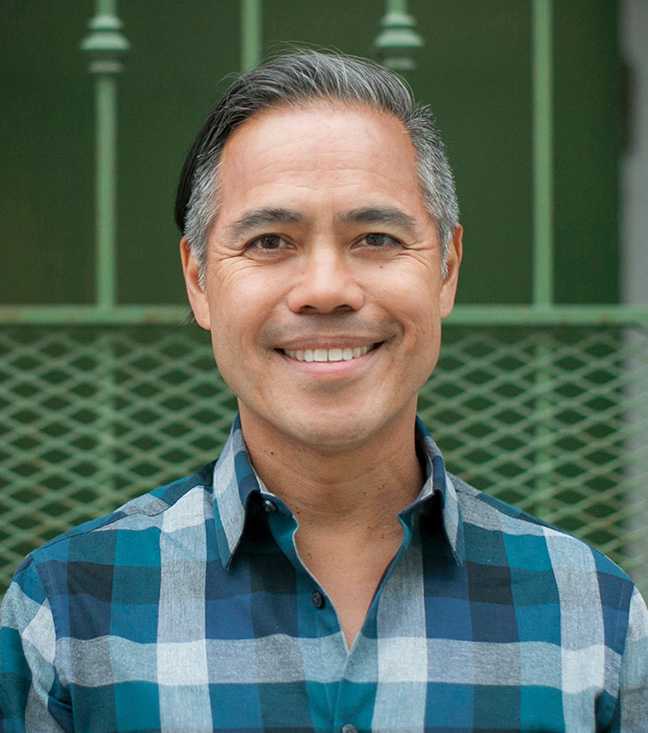Communique

Recently, Netflix released the series 13 Reasons Why and the show has been trending among many diverse audiences. Concerns have been raised regarding the potential risk the series may have in sensationalizing suicide, especially among youth. At this time, the FNHA would like to offer some advice in the event that it is a concern in your family, school or community.
It's important to remember that adolescent brains are still maturing and developing. Their actions are guided more by the emotional and reactive amygdala and less by the thoughtful and logical frontal cortex. Because of this development, the powerful storytelling enacted by this series may adversely affect vulnerable youth. In fact, research shows that exposure to another person's suicide, or sensationalized accounts of death, can potentially be one of many risk factors cited by youth who have contemplated or attempted suicide. Accordingly, we do not recommend that vulnerable youth, especially those at risk of suicidal ideation, watch this series without the active supervision of an adult.
Left alone, impressionable viewers may romanticize the choices made by characters in the story. However, with proper parental support, the series may offer an opportunity to further explore difficult subject matters. If your youth has watched the show, consider initiating thoughtful conversations and use the show as an opportunity to help process the issues presented.
For example:
• Revenge fantasy – explore alternative scenarios that include breaking the silence and asking for help. Reinforce that asking for help is courageous, brave and shows signs of strength.
• Co-dependency – encourage love and kindness being the basis of healthy relationships. Emphasize the notion that healthy boundaries exist in all relationships.
• Bullying – discuss the culpability of bystanders. Explore ways in which youth can intervene to stop cruelty, help victims, and support a safe environment.
• Sexual assault – consider the over-sexualization of women and girls and how it contributes to an unsafe and dangerous environment. Discuss ways to support a respectful and equal environment for all.
• Drugs and/or alcohol misuse – review harm reduction and responsible drinking strategies. Talk about the consequences of drunk driving and the risk of overdose.
• Finally, reinforce that suicide is not a solution to problems. Ensure that the youth feel empowered to seek help for themselves or others.
Storytelling has always been central to First Nations and Aboriginal cultures. In fact, First Nations and Aboriginal communities have an abundance of protective factors that support a well-lived life. Culture is life. Supporting the integration of culture, deepening the connection to land, and participating in ceremonies are just a few of things you can actively do to support a healthy lifestyle.
To School Administrators,
The difficult issues noted above do occur in schools and communities. There is an increasing awareness of the significant role that trauma plays and the actions noted above are all related to trauma. In fact, children and youth, touched by trauma, operate in a survival mode which makes tasks difficult to complete in a school environment.
Schools can provide an amazing venue to approach the healing of trauma. If not done already, the adoption of a trauma-informed lens includes the development of protocols to recognize and respond to suicidal thinking and behavior. Many resources exist that support this work and you are encouraged to check out the following link:
http://www.nasponline.org/resources-and-publications/resources/school-safety-and-crisis/preventing-youth-suicide/preventing-suicide-guidelines-for-administrators-and-crisis-teams
For further information on trauma-informed schools, the following resource is available online:
http://www.k12.wa.us/compassionateschools/heartoflearning.aspx
The FNHA has developed a community toolkit to prevent and respond to youth suicide. The Hope, Help, and Healing toolkit is available for download here: http://www.fnha.ca/what-we-do/mental-wellness-and-substance-use
Finally, the KUU-US First Nations and Aboriginal Crisis Line provides support that is culturally safe 24 hours per day, seven days per week. KUU-US services are provided by First Nations crisis response personnel who bring an understanding of First Nations history and intergenerational trauma to their roles. Call them at 1-800-KUU-US17 or 1-800-588-8717.
I sincerely hope the information and resources provided are helpful and thank you for your attention.
In health and wellness,
Dr. Evan Adams
Chief Medical Officer
First Nations Health Authority
Download this communique in PDF format here (242 KB)

